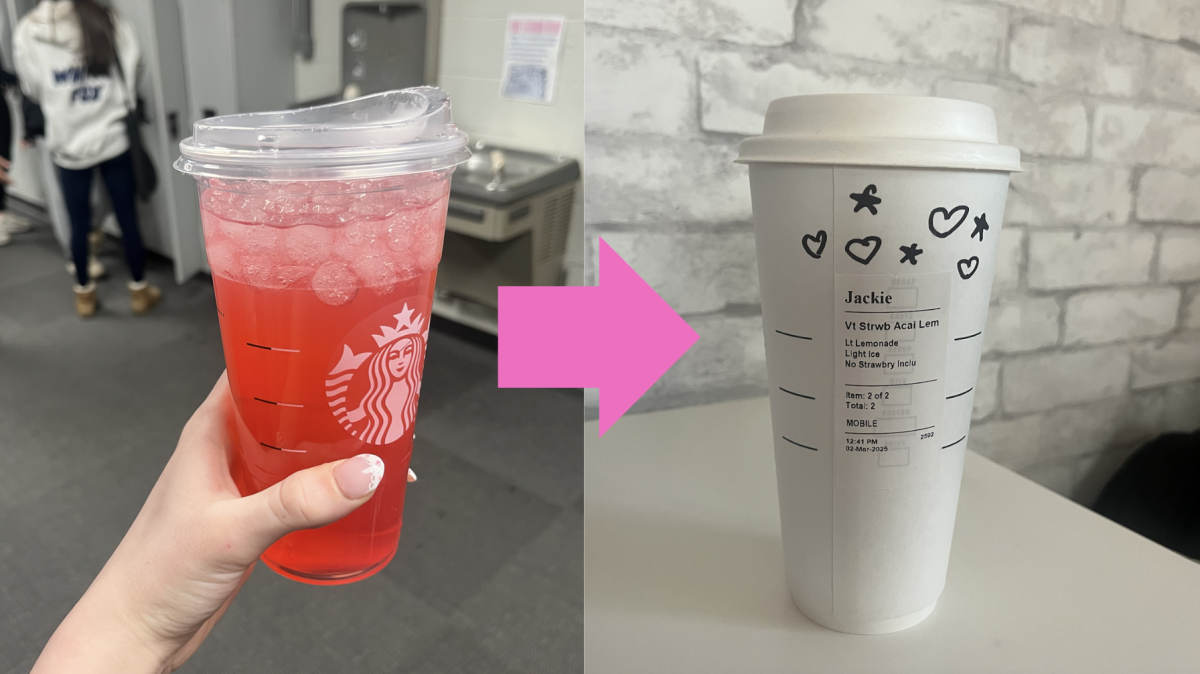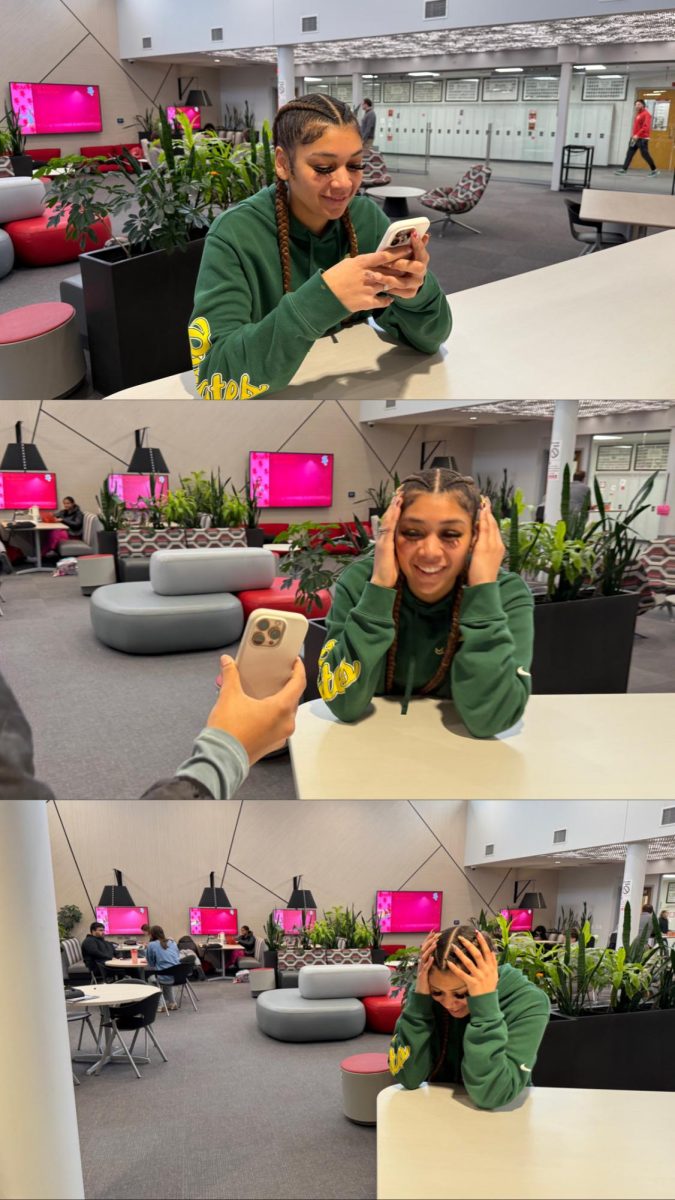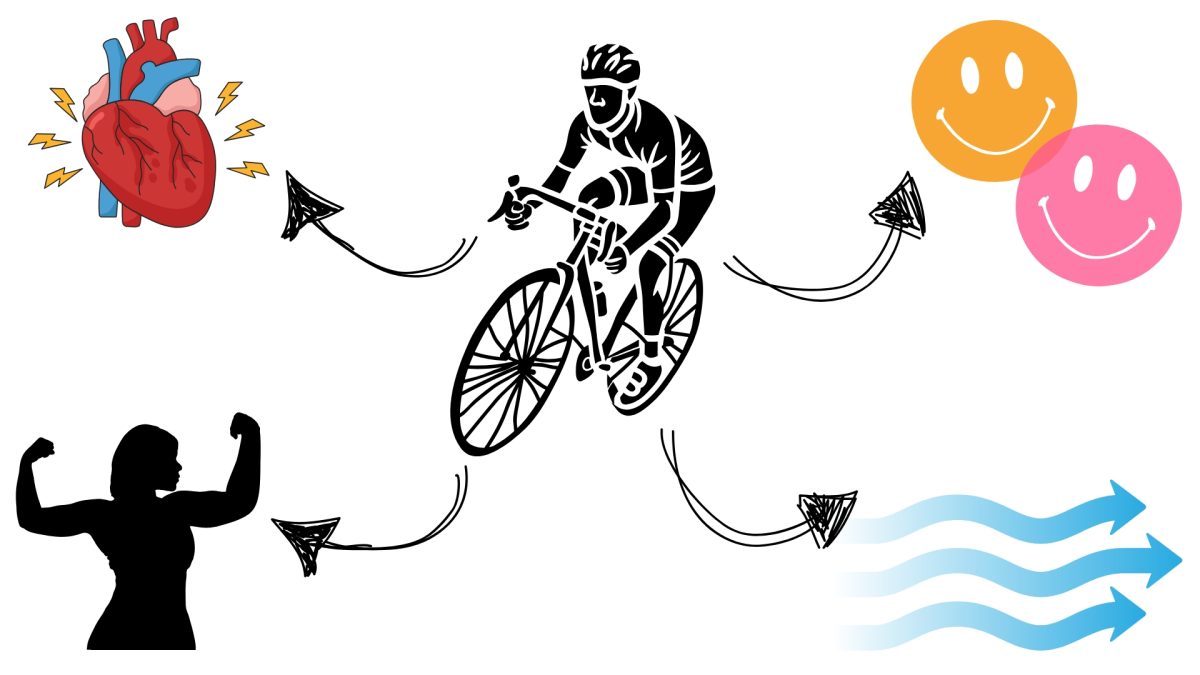In a study conducted in 2023, only 19.2% of Generation X members were reported to have depressive disorders. However, 44.5% of Generation Z members claimed they struggled with some sort of depression. Between social media, COVID-19, and school stresses, Gen Z is forced to face many challenges that can have detrimental effects on their mental health.
One highly impactful part of nearly everyone’s everyday life has newly appeared with Gen Z: social media. While social media has numerous benefits, such as increasing connection among the world and opening users up to opportunities, new negative effects are revealed daily. Social media has a very large impact on users’ self-image. Kentucky investigators recently found that the TikTok algorithm is specifically programmed to promote attractive people. This greatly affects many people’s self-image. “I feel like the more time I spend on social media, the more I’m critical of myself. I don’t always realize that it has an effect on me, but it definitely does,” junior Elizabeth Mitlyng said.
Social media has also proven to be highly addictive. Investigators also found that users can become addicted to TikTok in as little as 35 minutes on the app. This causes users to spend more time on social media rather than doing beneficial activities. “I think it takes up time that would be better spent doing homework or hanging out with my family or my friends,” sophomore Frisco Hudak said.
Every generation inevitably has to face some sort of crisis, and for Gen Z, the first big one was COVID-19. The COVID-19 pandemic brought many challenges, such as social restrictions and uncertainty. This forced Gen Z to face these new kinds of challenges, which is something they had not experienced before. “I feel like I suffered academically because there was no one telling me to do my work,” freshman Ada Coppo said.
However, some members of Gen Z don’t feel it was much of a challenge at all. “It was pretty much a transitional period in my life anyways because I was gonna change school, like, right after anyways,” Mitlyng said.
Although every generation has experienced stress related to school, studies show that Gen Z faces more due to increased academic pressure, increased emphasis on achievement, and an increase in extracurricular pressures. Students often find it difficult to balance school along with all their other obligations and activities in their lives. “I feel like we have more distractions to go to than other generations, which is why more people aren’t getting their work done,” Coppo said.
The numbers don’t lie. Gen Z is clearly facing a mental health crisis. However, not all mental health changes within Gen Z have been negative. Members of Gen Z are far more likely to discuss their mental health and seek help than other generations. This can help combat the crisis. “There’s plenty of generations that have mental health struggles. But it definitely wasn’t as normal to talk about it,” Mitlyng said.
Hudak thinks that the crisis can help be solved by eliminating factors that may trigger negative reactions mentally. “I think just trying to limit the amount of time you’re spending on social media can be really beneficial,” Hudak said.




































![Teacher Lore: Mr. Hillman [Podcast]](https://bsmknighterrant.org/wp-content/uploads/2025/03/teacherlorelogo-1200x685.png)




